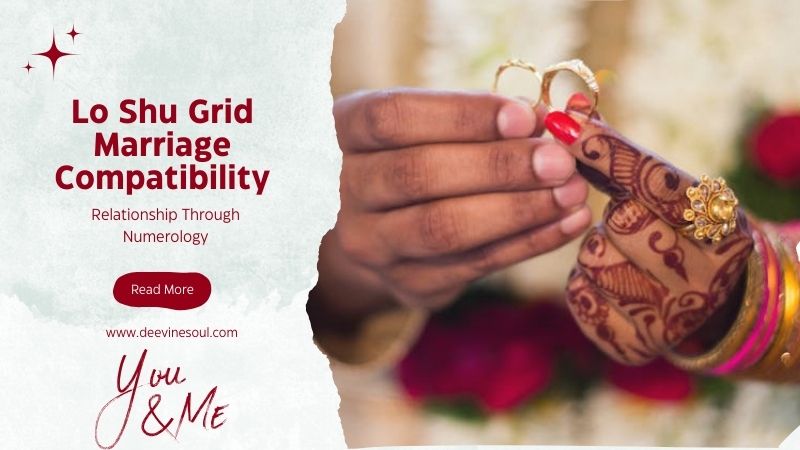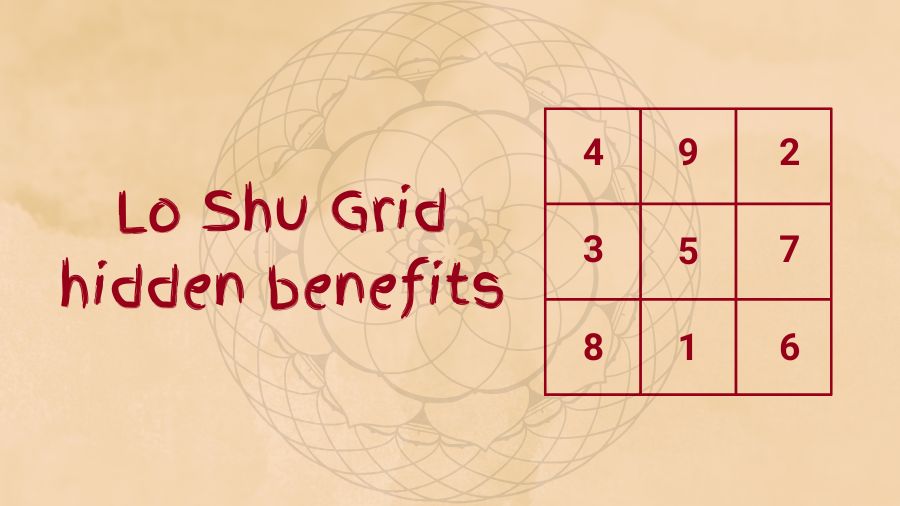Darakaraka in 9th House
The 9th House governs philosophy, higher education, spirituality, and long-distance travel. When Darakaraka is placed here, it signifies that the spouse has an impact on the individual’s worldview, spiritual beliefs, and approach to higher learning or international experiences.
The 9th House is linked to expansion and the search for truth, and the partner may play a role in this quest, encouraging exploration of new ideas or experiences.

Significance
Darakaraka in the 9th House suggests that the spouse will influence the native’s spiritual beliefs, intellectual pursuits, and exploration of the world. The relationship may encourage the native to seek higher knowledge, spiritual growth, or embark on long-distance travels.
The partner may share a love for learning, philosophy, or cultural exchange, and could inspire the native to expand their horizons. This placement highlights a partnership that broadens the native’s understanding of life, often involving shared journeys, philosophical discussions, and mutual exploration of deeper truths.
Sun as Darakaraka in the 9th House
When the Sun becomes the Darakaraka in the 9th house, the spouse is often a figure of authority, leadership, and inspiration. This partner may exhibit strong principles, a commanding personality, and a sense of purpose that influences the relationship dynamics.
The Sun’s position here suggests a spouse who values honor, ethics, and philosophical exploration, making them a pivotal figure in the native’s journey toward personal and spiritual growth. This placement often indicates a marriage where mutual respect and shared aspirations are central.
The spouse may be deeply connected to spiritual or educational pursuits, encouraging the native to expand their horizons. Challenges can arise from the Sun’s need for recognition, potentially creating power struggles if one partner seeks to dominate.
However, this can be mitigated through open communication and shared decision-making. The relationship thrives when both partners view each other as equals, collaborating to achieve their higher goals.
Together, they may explore spiritual or philosophical ideologies, often traveling to places of historical or religious significance. Ultimately, the Sun as Darakaraka in the 9th house signifies a union that is both transformative and illuminating, with the spouse serving as a source of light and guidance in the native’s life.
Moon as Darakaraka in the 9th House
When the Moon is the Darakaraka in the 9th house, the spouse brings emotional depth, sensitivity, and a nurturing energy to the relationship. This placement highlights a partner who is intuitive and spiritually inclined, often acting as a catalyst for the native’s emotional and philosophical growth.
The 9th house governs higher learning and spirituality, suggesting that the couple may embark on a shared journey of self-discovery and enlightenment. The spouse’s personality may reflect a deep connection to cultural or religious traditions, which they encourage the native to explore.
Emotional bonding is a cornerstone of this relationship, making it essential for both partners to nurture trust and open communication. However, the Moon’s fluctuating nature can lead to mood swings or emotional instability, which may require understanding and patience.
This placement often points to a partnership that feels destined, with karmic undertones of mutual healing and support. Traveling to sacred sites or engaging in spiritual practices together can deepen the bond.
Ultimately, the Moon as Darakaraka in the 9th house fosters a relationship that is emotionally fulfilling and spiritually enriching, where love and care are intricately woven with a shared sense of purpose.
Mars as Darakaraka in the 9th House
With Mars as the Darakaraka in the 9th house, the spouse is likely to be dynamic, energetic, and fiercely passionate about their beliefs. This placement suggests a partner who is action-oriented and unafraid to take bold steps in pursuit of their goals.
The 9th house’s influence on spirituality, philosophy, and higher learning may manifest as a spouse who is deeply committed to their ideals and encourages the native to adopt a proactive approach to life.
The relationship is often marked by enthusiasm and adventure, with a shared love for travel and exploration, particularly to culturally or spiritually significant places. However, Mars’ fiery nature can sometimes lead to impulsiveness or conflict, especially if there is a clash of values or approaches to life.
Managing this dynamic requires patience and mutual respect. The spouse’s assertive energy can inspire the native to embrace challenges and pursue their ambitions with vigor. Together, they may engage in physically active or purposeful pursuits that strengthen their bond.
Mars as Darakaraka in the 9th house signifies a marriage that thrives on passion, courage, and shared growth, where both partners challenge and inspire each other to evolve and succeed.
Mercury as Darakaraka in the 9th House
When Mercury becomes the Darakaraka in the 9th house, the spouse is often intellectual, curious, and articulate. This partner brings a youthful and adaptable energy to the relationship, fostering a strong focus on communication and mutual learning.
The 9th house’s influence on higher education, philosophy, and spirituality suggests that the spouse may have a keen interest in intellectual or cultural pursuits. They are likely to inspire the native to explore new ideas, engage in deep conversations, and broaden their perspectives.
The relationship thrives on mental stimulation, with both partners valuing wit, humor, and knowledge. However, Mercury’s mutable nature can sometimes lead to indecision or a lack of consistency, requiring both partners to establish a sense of stability.
The couple may enjoy traveling together, attending educational seminars, or participating in discussions on philosophical or spiritual topics. Mercury as Darakaraka in the 9th house fosters a partnership rooted in intellectual and cultural compatibility, where the exchange of ideas and shared experiences play a central role.
This placement emphasizes growth through learning and communication, making the relationship a dynamic and enriching experience for both partners.
Jupiter as Darakaraka in the 9th House
Jupiter as the Darakaraka in the 9th house is one of the most auspicious placements, symbolizing a spouse who is wise, optimistic, and spiritually inclined. This partner often embodies qualities of generosity, kindness, and a deep connection to higher truths, making them a source of inspiration and guidance in the native’s life.
The 9th house governs spirituality, higher education, and fortune, suggesting that the spouse may bring blessings and opportunities for personal and intellectual growth. Their influence encourages the native to embrace a broader perspective on life and pursue knowledge and spiritual practices.
The relationship is likely to be harmonious and fulfilling, with both partners sharing common values and aspirations. However, Jupiter’s tendency toward idealism may lead to overly high expectations, requiring both partners to balance their visions with practicality.
Together, they may explore sacred sites, engage in religious or philosophical studies, or work on humanitarian projects. This placement signifies a partnership that feels divinely guided, where the spouse’s wisdom and positivity contribute significantly to the native’s personal development and happiness.
Venus as Darakaraka in the 9th House
When Venus is the Darakaraka in the 9th house, the spouse is charming, artistic, and deeply connected to beauty and harmony. This placement signifies a relationship filled with love, joy, and a sense of adventure.
The 9th house’s focus on travel, philosophy, and spirituality suggests that the spouse may have a strong appreciation for cultural or artistic endeavors. They bring a sense of balance and creativity to the relationship, encouraging the native to explore the finer aspects of life.
The union often feels like a blessing, with both partners fostering happiness and mutual respect. Challenges may arise if Venus’ desire for pleasure leads to indulgence or impracticality, requiring a balanced approach to managing resources and expectations.
The couple may enjoy traveling to exotic or culturally rich destinations, participating in artistic pursuits, or exploring spiritual philosophies together. Venus as Darakaraka in the 9th house fosters a partnership rooted in love, shared values, and the appreciation of beauty, making the relationship deeply fulfilling and harmonious.
Saturn as Darakaraka in the 9th House
When Saturn becomes the Darakaraka in the 9th house, it signifies a spouse who is disciplined, responsible, and deeply committed to long-term goals. This partner brings a sense of stability and maturity to the relationship, often acting as a grounding force in the native’s life.
The 9th house’s influence on spirituality and higher learning suggests that the spouse may have a serious approach to philosophical or religious pursuits. They encourage the native to adopt a structured and disciplined approach to personal and spiritual growth.
While the relationship may initially feel challenging or restrictive, it grows stronger over time as both partners build trust and mutual respect. Saturn’s energy emphasizes endurance, making this placement ideal for a long-lasting union.
Challenges may include a tendency toward rigidity or excessive responsibility, which can be alleviated through open communication and shared relaxation. Together, the couple may engage in projects requiring patience and dedication or explore spiritual practices with a structured approach.
Saturn as Darakaraka in the 9th house fosters a relationship built on resilience, shared values, and the pursuit of long-term growth, making it a transformative and deeply grounding experience for both partners.





